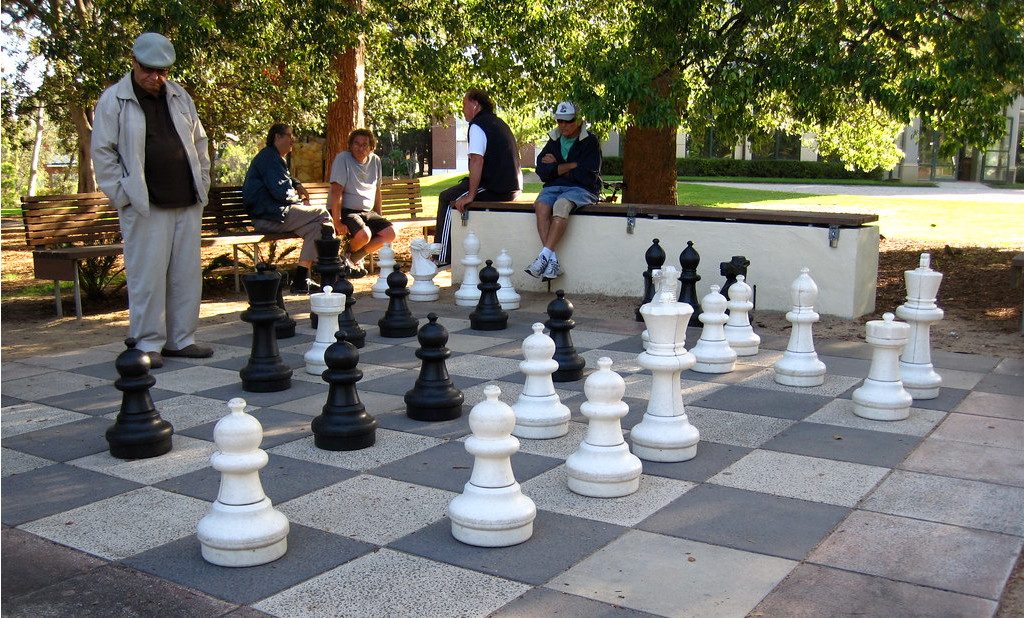Here’s what bothers me about conventional ambition, the assumption that we all aspire to the top, the blah blah blah, the winner’s circle, the biggest brightest bestest, and that we will run around and around and around in our little hamster wheels to get there: Most of those goals are standardized.
Elisa Albert
Count me in: I want a spare, serene bedroom. The habit of checking Kanopy when I am looking for a movie to watch. More imaginary friends, starting with Socrates Fortlow.
Practice: Consider identifying a goal (standardized or highly individual) that you’ve already reached before identifying one you want to reach.
Advanced practice: Tell others about your goal, stopping only when someone’s response tells you they understand what you want, and why.
Related practices: Trousers, Quit, Simplicity




 Abbey of Gethsemani where Merton lived
Abbey of Gethsemani where Merton lived
 Abhi Sharma
Abhi Sharma depositphotos’ Ukraine image collection
depositphotos’ Ukraine image collection
